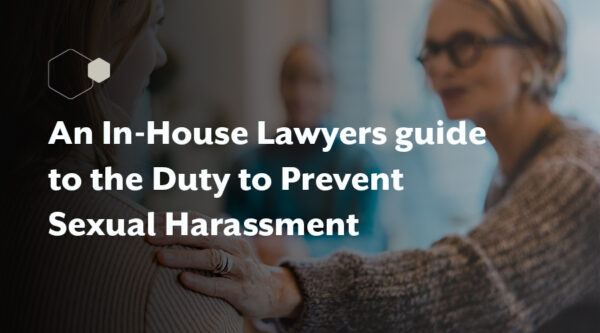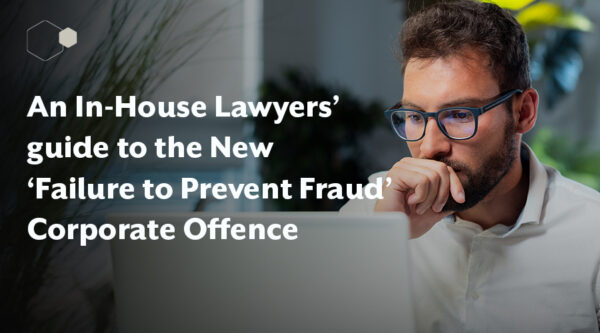

May’s edition of our monthly Q&A for in-house lawyers looked at how to avoid common ‘potholes’ on the road to court proceedings.
Dominic Hopkins, Partner, Dispute Resolution team, Wayne Beynon, Partner and Head of Dispute Resolution, and Elizabeth Beatty, Partner and Head of In-House Lawyer Services, provided sound advice, from adhering to the consequences of not complying with pre-action rules to the practical pre-action steps to take to ensure you minimise the risks associated with litigation.
When involved in a dispute with a litigant-in-person, and they are not adhering to pre-action rules, what recourse does an organisation have?
While your role isn’t to advise a litigant-in-person, you should appraise them of the court rules to make sure they know what is expected of them and recommend that they seek legal advice. This is expected by the court and helps ensure that if litigation is necessary and the party in question has not engaged with the pre-action rules, it cannot be said by them that they were not given the opportunity to understand what was expected of them ahead of the proceedings.
What are the consequences of non-compliance with the rules of pre-action conduct?
When deciding who should bear the costs of the proceedings when they reach their conclusion, the court will consider the parties’ pre-action conduct alongside their conduct throughout the claim. Sanctions can be applied. We have seen a number of cases where opponents have failed to engage and have been penalised, particularly in costs. It is important that parties and their solicitors conduct themselves reasonably and proportionately at all times.
A claimant should also consider carefully the type of case they have and what issues the court will be asked to decide in order to properly analyse and decide what approach to take in the pre-action period. There are different procedures for different types of case. The different frameworks are designed to assist the parties and the court, provide the best opportunities for settlement and ensure the case is efficiently managed if it has to go to trial.
Are there any instances where lawyers may be advised not to comply with pre-action rules and protocols?
Clients should comply. Although a party may want to reinforce a reputation for litigation, not wanting to settle matters easily and not engaging with the pre-action rules and protocols, compliance puts you in a position of strength, showing that not only are your solicitors confident litigators, but also that they have an eye to maximising the recovery of costs. The costs of proceedings are a highly influential factor in the outcome of claims. The cost risks of litigation provide leverage.
Heavily front-loaded legal costs – those incurred pre-action – can often become a sticking point in the resolution of a dispute. Are they claimable?
If you want to pursue a claim with serious intent, you have to be confident that there is a good case for liability and quantum. There is a need to de-risk the case and understand it as fully as possible.
There are judgment calls to be made, because if a large amount of time and costs are invested pre-action in a situation where you are not able to use the court mechanism for recovery, then questions around reasonableness and proportionality can come into play. You may have to forego your costs in order to achieve an early settlement.
The more lawyers and their clients understand about the issues in dispute however, the more control they have in charting the right course to a successful outcome.
If proceedings are required, then a good proportion of your pre-action costs should be recoverable if your case succeeds.
What practical steps can I take pre-action to minimise the risks associated with litigation?
Make sure you have captured your evidence early and have quarantined it. Solicitors and parties have a duty to preserve evidence. This is not just a rule, but can help ensure something valuable for your case; for example a significant document is not lost and is available when you need it. Identifying and preserving evidence can be expensive but if it helps back your case, it can produce leverage against your opponent.
Pre-action communication with the other side can be very helpful. In the right case, a “without-prejudice” discussion before proceedings can assist and is encouraged by the pre-action court rules and protocols. The confidentiality of communications of this character allows parties to discuss the issues between them in an open way that can encourage a resolution of proceedings by settlement, so avoiding the costs of proceedings.
Putting your case on the best footing at an early stage is important to achieving an early and cost effective resolution. Potential disputes should therefore be discussed with your solicitors as early as possible.













